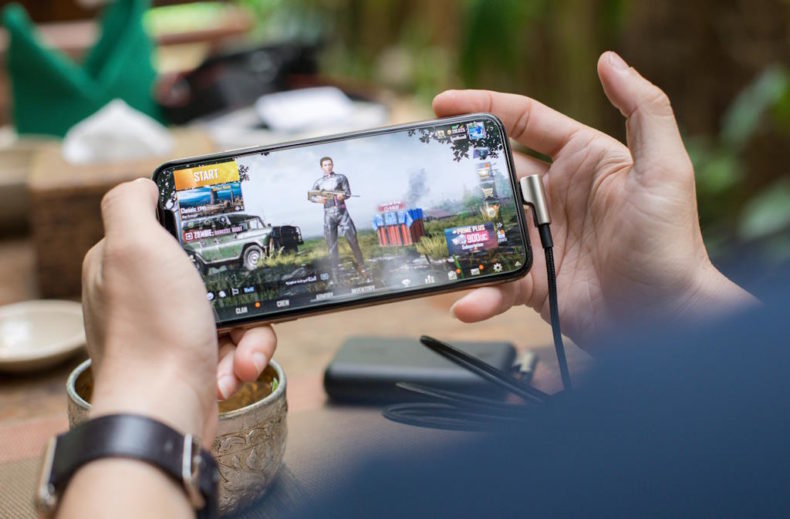Whether it’s internet censorship or to disguise your private data, Virtual Private Networks (VPNs) are becoming globally popular.
Around one-third of all internet users employ a VPN while browsing and gaming. But what many users don’t know is that VPNs aren’t actually legal everywhere.
With VPN laws changing from day to day, how are you supposed to know if you’re breaking the law by using a VPN?
In this article, we’re going to break down worldwide VPN legality. You’ll find out whether your country allows VPNs, restricts them, or even bans them.
Next, we’ll take a look at why you should be using a VPN while gaming in the first place.
Let’s take a look…
Is a VPN legal for gaming?
Good news — it’s your lucky day! If you live in a country where VPNs are unrestricted and legal, gaming over a VPN is totally legal, too. As long as you aren’t committing crimes through your VPN, you’ll never need to worry about breaking the law.
Countries with restrictions and bans on VPNs
This is not a general rule by any means, as many countries around the world impose heavy restrictions or outright bans on VPN usage. Let’s take a short look at some of the countries with questionable VPN legality:
- Belarus: Restricted.
- China: Restricted.
- India: Only government-approved VPNs.
- Iran: Only government-approved VPNs.
- Iraq: Illegal.
- Jordan: Blocked during civil unrest.
- Myanmar: Illegal.
- North Korea: Illegal.
- Oman: Only government-approved VPNs.
- Pakistan: Unregistered VPNs are illegal.
- Russia: Illegal.
- Sri Lanka: Restricted.
- Turkey: Restricted.
- Turkmenistan: Restricted.
- Uganda: Restricted.
- United Arab Emirates: Restricted.
- Uzbekistan: Restricted.
- Venezuela: Restricted.
Especially in the countries listed above, VPN legality changes from day to day. If you’re a visitor using a VPN, ensure you stay up to date with the country’s VPN laws. For citizens of these countries, you can sit tight or help to push for clear VPN legislation.
6 reasons why you should use a VPN while gaming
How does a VPN work? By obfuscating your IP address and private data, VPNs allow for web anonymity. Here are six other reasons to use a VPN when you game.
#1. Protect your identity from hackers
Let’s face it — the better the player, the more people they’ll annoy while gaming. It’s not unheard of for disgruntled players to attempt “swatting” on other players. VPNs disguise your identity so the players you beat can’t attempt revenge.
#2. Gaming in public
Gaming is essential for so many people during their commute to work or when they relax for lunch in a café. Unencrypted public WiFi is a cybercrime danger zone — ensure you game over a VPN, and your data will be safe.
#3. Bandwidth throttling
“Throttling” is what happens when your Internet Service Provider (ISP) intentionally slows your connection because you’re gaming, streaming, etc. VPNs disguise your activities so that your ISP is less likely to throttle your connection.
#4. Mitigate DDoS attacks
Once reserved for large-scale corporate attacks, DDoS attacks are now cheaper than ever. According to the Dark Web Price Index 2023, you can order a small DDoS attack for as little as $10!
#5. Lag reduction
Depending on a few details, it’s possible to speed up your connection with a VPN. Connect to a VPN server closer to your game’s servers for a boost in ping times and lag reduction.
#6. Access region-specific content
Live in a place with heavy video game censorship? It’s more common than you’d think. Accessing geo-blocked or region-specific content has never been easier than with a premium VPN.
Conclusion
Are you still looking for the perfect addition to your gaming toolbelt?
From dodging geo-restrictions to increasing internet speeds, a VPN is the superpower you’ve been looking for.
Now, the only question is — are VPNs legal in your country?





